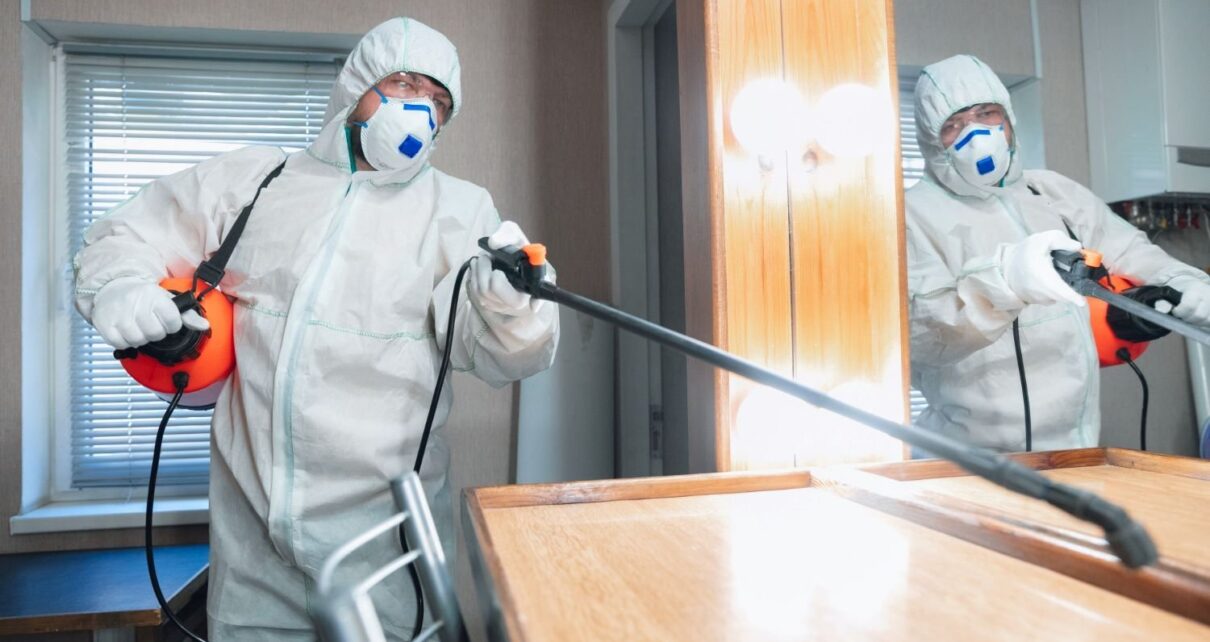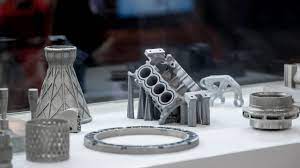Rodent infestations are a common household problem that many people underestimate. However, these small invaders can cause significant damage to your property and health. Mice, rats, and other rodents seek shelter in human homes for warmth, food, and safety, often leading to disastrous consequences if not addressed in time. In this blog, we’ll dive into the dangers posed by rodent infestations, covering the health risks, property damage, and the importance of immediate action.
1. Health Risks Posed by Rodents
Rodents are notorious carriers of a wide range of diseases that can be transmitted to humans either directly or indirectly. When they infiltrate homes, they bring with them various pathogens that can pose severe health risks to families.
a) Disease Transmission
Rodents are vectors for numerous diseases, many of which can be fatal or severely impact human health. Some of the most common diseases spread by rodents include:
- Hantavirus Pulmonary Syndrome (HPS): This life-threatening respiratory disease is transmitted to humans through rodent droppings, urine, or saliva. Once airborne, these particles can infect anyone who inhales them.
- Leptospirosis: Rodents carrying the Leptospira bacteria can spread this disease through contaminated water or food sources. Humans can contract leptospirosis through direct contact with water or soil contaminated by rodent urine.
- Salmonellosis: Caused by Salmonella bacteria, this disease can lead to severe gastrointestinal issues. Rodents contaminate food and water with their feces, which can lead to infection when consumed.
- Plague: While less common today, the plague, caused by Yersinia pestis, is still a concern in some areas. Rodents, especially rats, are carriers of fleas that spread this deadly disease.
b) Allergic Reactions and Respiratory Problems
The presence of rodents can exacerbate allergies and respiratory issues. Rodent droppings, urine, and dander can become airborne, triggering allergic reactions or worsening conditions like asthma in susceptible individuals. Continuous exposure to rodent allergens can lead to chronic respiratory problems.
2. Rodent-Related Property Damage
Beyond health risks, rodent infestations can cause extensive damage to your home. These pests are skilled at gnawing and can chew through various materials, leading to costly repairs.
a) Structural Damage
Rodents have strong, ever-growing teeth that compel them to chew constantly. Their gnawing behavior can compromise the integrity of your home’s structure. Common areas where rodents cause damage include:
- Walls and Insulation: Rodents often chew through drywall and insulation, creating tunnels that weaken your home’s foundation.
- Wiring: One of the most dangerous aspects of rodent infestations is their tendency to chew on electrical wires. This can lead to short circuits and, in extreme cases, house fires.
- Pipes and Plumbing: Rodents are also known to chew through plastic and metal pipes, leading to water damage or leaks.
b) Food Contamination and Loss
Rodents are opportunistic feeders, and any food left uncovered or inadequately stored is at risk. Mice and rats can chew through packaging, spoiling food and leading to waste. In addition to food contamination, rodent droppings in kitchens and pantries can turn into breeding grounds for bacteria, making it unsafe to consume anything they come into contact with.
3. The Impact of Rodent Infestations on Mental Health
Rodent infestations not only harm physical health and property but can also take a toll on mental well-being. Living in a home infested with rodents can create an atmosphere of fear, stress, and anxiety. Knowing that these pests are capable of causing such extensive damage can lead to constant worry, especially for families with children.
a) Anxiety and Sleep Disruptions
Many homeowners with rodent infestations report difficulty sleeping due to the sounds of gnawing, scurrying, and scratching within walls and ceilings. This ongoing disruption can lead to sleep deprivation, which can further heighten anxiety levels.
b) Fear of Disease Exposure
Constant fear of contamination from rodent droppings, urine, and the pathogens they carry can make individuals overly cautious, impacting their quality of life. The worry about catching diseases like Hantavirus or leptospirosis can weigh heavily on homeowners, leading to increased stress levels.
4. Rodents and Pets: The Hidden Dangers
While rodents pose obvious risks to humans, they can also be hazardous to pets. Pets, especially cats and dogs, may come into contact with infected rodents, increasing their chances of contracting diseases or getting injured.
a) Physical Injury
Cats and dogs may attempt to hunt rodents out of instinct. However, this can result in bites, scratches, or injuries, as rodents will fiercely defend themselves. Injuries inflicted by rodents can also become infected, leading to further complications for pets.
b) Disease Transmission to Pets
Rodents can transmit diseases like leptospirosis and hantavirus to pets. If your pets drink water contaminated by rodent urine or come into direct contact with infected rodents, they can become seriously ill. Additionally, fleas carried by rodents can latch onto your pets, spreading diseases such as the plague.
5. Preventing and Managing Rodent Infestations
Given the numerous risks associated with rodent infestations, prevention and prompt action are crucial. A few preventive measures can go a long way in safeguarding your home from these pesky invaders.
a) Proper Sanitation
Maintaining cleanliness is one of the most effective ways to prevent rodent infestations. Rodents are attracted to food sources and clutter, so ensuring that your home is clean and free of accessible food is essential. Key actions include:
- Storing food in airtight containers
- Cleaning up food spills immediately
- Sealing trash cans tightly
b) Sealing Entry Points
Rodents can squeeze through tiny openings, so it’s crucial to inspect your home for any gaps, cracks, or holes in walls, doors, or windows. Ensure that all potential entry points are sealed to prevent rodents from gaining access to your home.
If you live in areas prone to rodent issues, such as Keysborough, it’s essential to work with local professionals like Pest Control Keysborough to stay ahead of infestations.
c) Professional Pest Control Services
While DIY methods can be helpful in minor cases, professional pest control services are often necessary for large infestations or when dealing with dangerous rodent species. Pest control experts can identify the extent of the infestation, safely remove rodents, and provide advice on how to prevent future infestations. If you reside in Whittlesea, for example, enlisting the help of Rodent Control Whittlesea ensures a thorough and efficient resolution.
6. The Importance of Immediate Action
Rodent infestations are not issues to be taken lightly. Once you identify the presence of rodents in your home, immediate action is necessary to mitigate the potential health and property risks. Ignoring a rodent problem will only allow the infestation to worsen, increasing the chances of disease transmission, property damage, and mental distress.
Conclusion
Understanding the dangers of rodent infestations in your home is crucial for maintaining a safe and healthy living environment. From serious health risks to property damage and mental stress, rodents can wreak havoc in more ways than one. Prevention is the key to keeping your home rodent-free, but if an infestation occurs, seeking professional help is essential. By taking timely and effective action, you can protect your family, pets, and property from the hidden dangers that rodents bring into your home.




